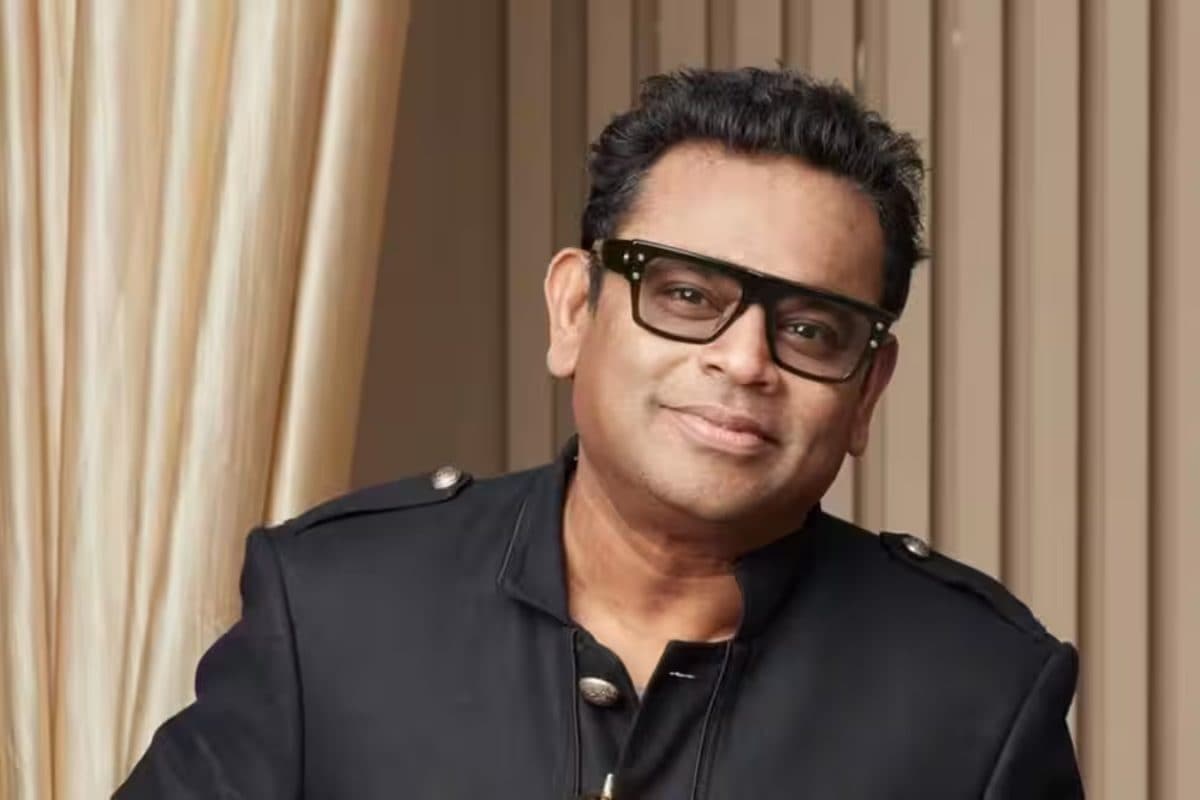

The story behind the making of "Vande Mataram," A.R. Rahman's iconic 1997 rendition, is as captivating as the song itself. In a recent interview, filmmaker Bharat Bala, who directed the music video, shared intimate details about the song's creation, revealing that the final version was recorded in the wee hours of the morning, fueled by spiritual inspiration.
Bala recounted that he envisioned "Vande Mataram" as more than just a patriotic anthem; he wanted it to be a heartfelt love song to India, resonating with deep emotion. The concept gestated for about six months, drawing inspiration from an old, scratchy version that used to air on All India Radio.
Rahman dedicated a studio on the second floor of his home specifically for this project. Despite their efforts, the perfect moment eluded them for months. Then, one night, inspiration struck at 2 AM. Rahman woke up, lit a candle brought from the Ajmer Dargah to create a spiritual ambiance, and felt the urge to record. With no sound engineer available, they decided to capture the moment as it unfolded.
Bala revealed that the version of "Vande Mataram" that we know today is the very same raw take from that night, untouched by retakes or refinements. Rahman asked Bala to assist with the recording, and despite initial hesitation, Bala agreed. Within fifteen minutes, Rahman stepped into the booth and began singing "Maa Tujhe Salaam". The emotion was so intense that Bala was moved to tears. That powerful, impromptu rendition, captured in complete solitude, became the final version used in the iconic track.
Bala also shared that they adopted an organic and natural approach while filming the music video. There was no storyboarding or meticulous planning. Instead, Bala was clear on filming real people and villages artistically. They identified locations, often without prior scouting, and shot the video over 20-25 days, releasing it within the next ten days. The approach involved setting up a large flag, gathering people, and filming without makeup or choreography, aiming for an epic feel.
"Vande Mataram" was part of Rahman's 1997 album of the same name, which was released on August 12, 1997, to commemorate the 50th anniversary of India's independence. The album, a tribute to the motherland, marked a significant moment for Indian music, becoming Sony Music India's largest-selling non-film album to date. It was also a critical and commercial success, with the title song achieving global recognition and becoming a symbol of patriotic unity for India. The album won the 1998 Screen Videocon Award for Best Non-Film Album.